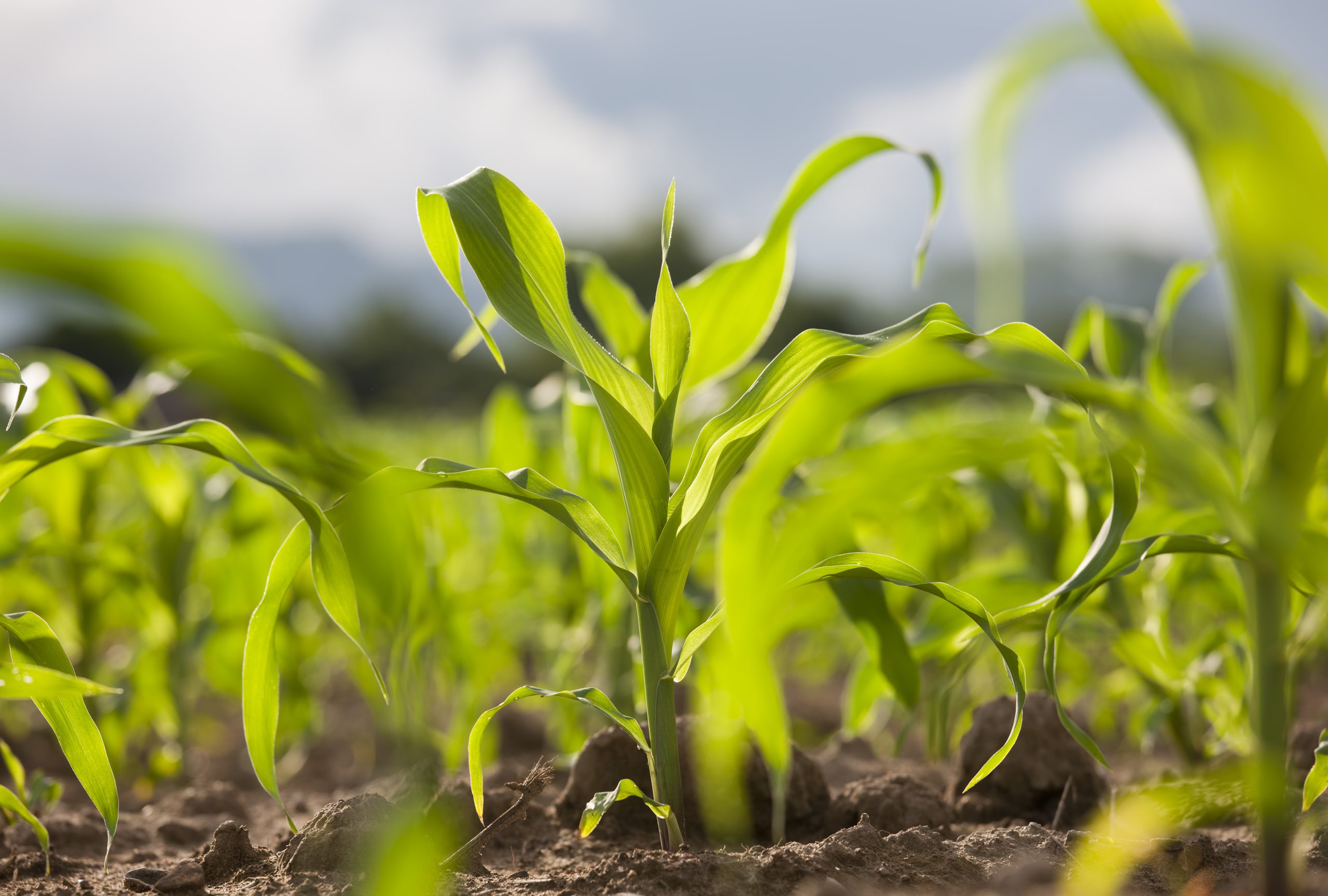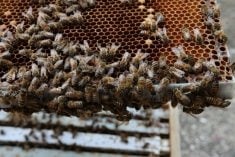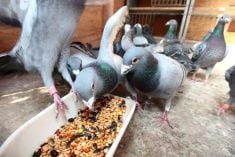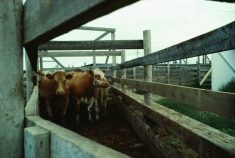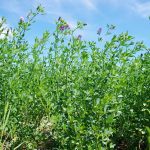UPDATED, Jan. 23, 2017 — Another eight properties housing about 2,000 cattle have been put under federal quarantine since last week as officials continue to track down livestock exposed to bovine tuberculosis (TB).
The Canadian Food Inspection Agency on Thursday pegged the number of premises under quarantine at about 58, and the number of animals under quarantine at about 28,000, as of Wednesday. That’s up from about 26,000 cattle on 50 properties the previous Wednesday.
The added premises bring the total under quarantine to 51 in Alberta and seven in Saskatchewan, CFIA said Monday, up from the 45 in southeastern Alberta and five in southwestern Saskatchewan that have been under quarantine since mid-November.
Read Also

CFIA says regulatory changes will cut agricultural red tape
The Canadian Food Inspection Agency (CFIA) is set to make seven regulatory changes to cut red tape around agricultural production.
No other properties have been released from quarantine, beyond the seven in southeastern Alberta that were released as of Dec. 21.
The agency’s probe follows the discovery of one Alberta cow that tested positive for bovine TB when it was slaughtered at a U.S. packing plant in late September 2016.
Despite the added quarantines, CFIA has reported no new cases of bovine TB in this probe, beyond the six cattle it had confirmed as TB-positive by mid-November.
Cattle — up to 10,000, by CFIA’s previous rough estimate — are still being destroyed and tested at 18 properties deemed part of the “infected” herd, which refers to animals deemed to have had contact with one of the six infected cattle. No additional properties have been added to the infected herd since November.
A bovine TB investigation calls for the agency to trace out cattle that have had contact with cattle from the infected herd “over the course of the past five years,” CFIA said.
Thus, CFIA said on its website last week, “it is expected that the investigation will identify additional animals that have had contact with the infected herd, and require additional quarantines, for some time.”
Alberta’s Agriculture Financial Services Corp. (AFSC) offices in Medicine Hat and Brooks are still taking applications for assistance under the Canada-Alberta Bovine Tuberculosis Assistance Initiative (CABTAI), an AgriRecovery program for producers caring for TB-quarantined cattle.
Wildlife is considered “unlikely” to be the source of the TB bacterium in this outbreak, CFIA said previously.
The TB strain in this case has never been seen before in Canadian livestock, wildlife or people, but is “closely related” to a strain originating from cattle in central Mexico in 1997. — AGCanada.com Network

